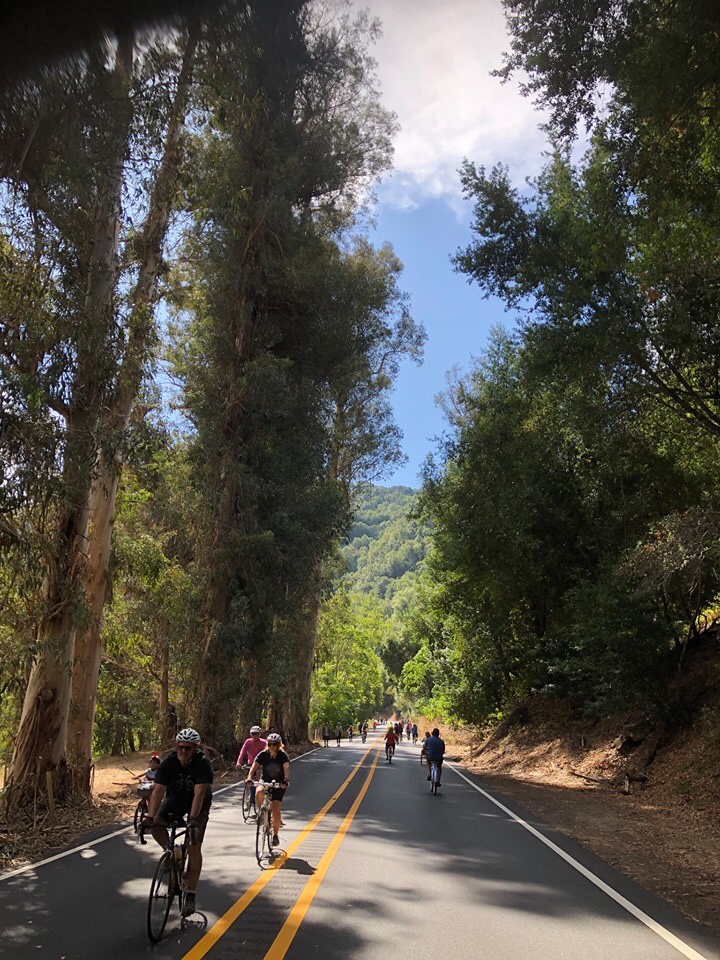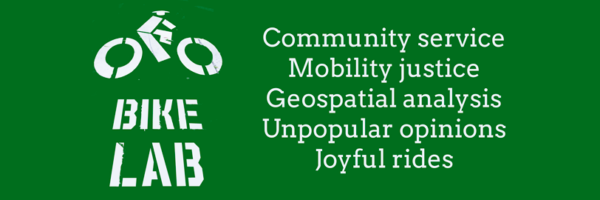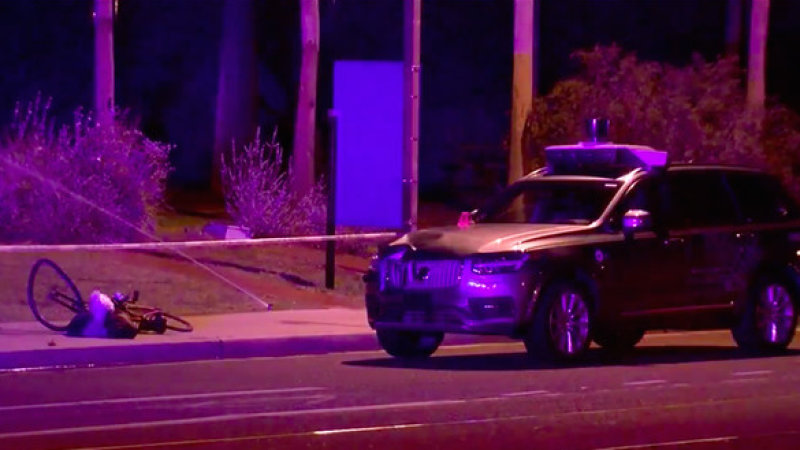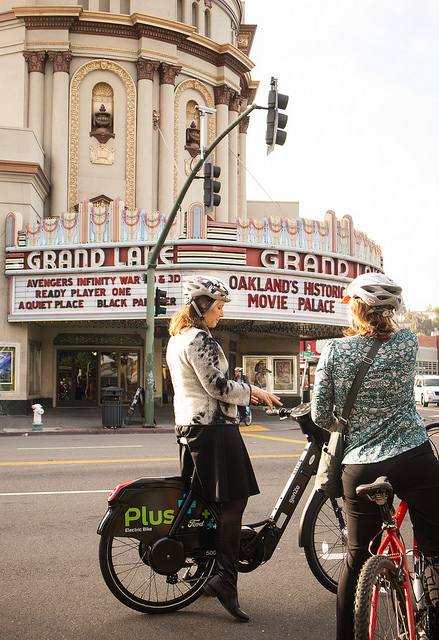After my post about the Oakland Ride Out, Twitterer Dianne Y., who appears to be involved with SE Bikes [correction: She owns an SE Bike but isn’t affiliated], challenged my characterization of the event.
lol did you HAVE to overanalyze and bring up lefebvre and david harvey..
what a #plannerd theorist… 😛 #publicspacewhy homogenize that everyone’s “disadvantaged” from your POV (#whiteprivilege?)? how about theorize that BMX riders are a more diverse group of riders??
— Dianne Y. (@dt8k) September 13, 2019
Regular readers know that over-analysis is kind of what we do here at the Bike Lab. And being a city planning nerd is not merely a fact, it’s an aspiration. I mean, I did the ride on a unicycle.
But I dd want to think about the question of how I’m referring to racial and ethnic groups in my writing. White authors tend to define non-white cultures by their relationship to the author, or whiteness more generally; this is a core argument of Edward Said’s work on Orientalism (#plannerd alert). Most specifically, he rejects the notion of objectivity:
[N]o production of knowledge in the human sciences can ever ignore or disclaim its author’s involvement as a human subject in his own circumstances.
As a white dude writing about other racial and ethinc groups, I always try to be aware of the position of privilege which I inhabit. I can’t ever have the experience of growing up as a Black youth in East Oakland, and living with all of the layers of disadvantage that are part of that reality. Yet, I think it’s important to participate in telling the story, precisely because of my own circumstances. Our structures of advantage and disadvantage were built by white dudes, and white dudes need to be a part of breaking them down. The challenge is to do that while centering the stories of the people experiencing disadvantages, not the story of the white dude writing about it.
It’s not easy to get right, and I can understand how my post could be read as a white dude saying “gee, look at all people on bikes who aren’t white dudes!” That diversity in the Rideout is definitely part of what I was writing about, but it’s not the diversity itself which makes it important.

The week following the Rideout I went to the Niles Canyon Stroll & Roll, an open-streets event sponsored by Alameda County. Because it starts in Fremont, one of the most diverse cities in the country, the Stroll & Roll was also quite diverse, definitely majority-minority, with a the preponderance being Latino and Asian. But as a city-sanctioned and heavily policed event, the Stroll & Roll isn’t about laying claim to urban space; it’s basically a linear street fair. The Rideout has a social meaning that isn’t present at the Stroll & Roll, and that’s why I think it’s important.
I happen to be writing this on the way to The Untokening, so I’d like to thank Dianne for helping me be more conscious about my position and place. I hope to get a lot of practice in Durham in de-centering myself.


